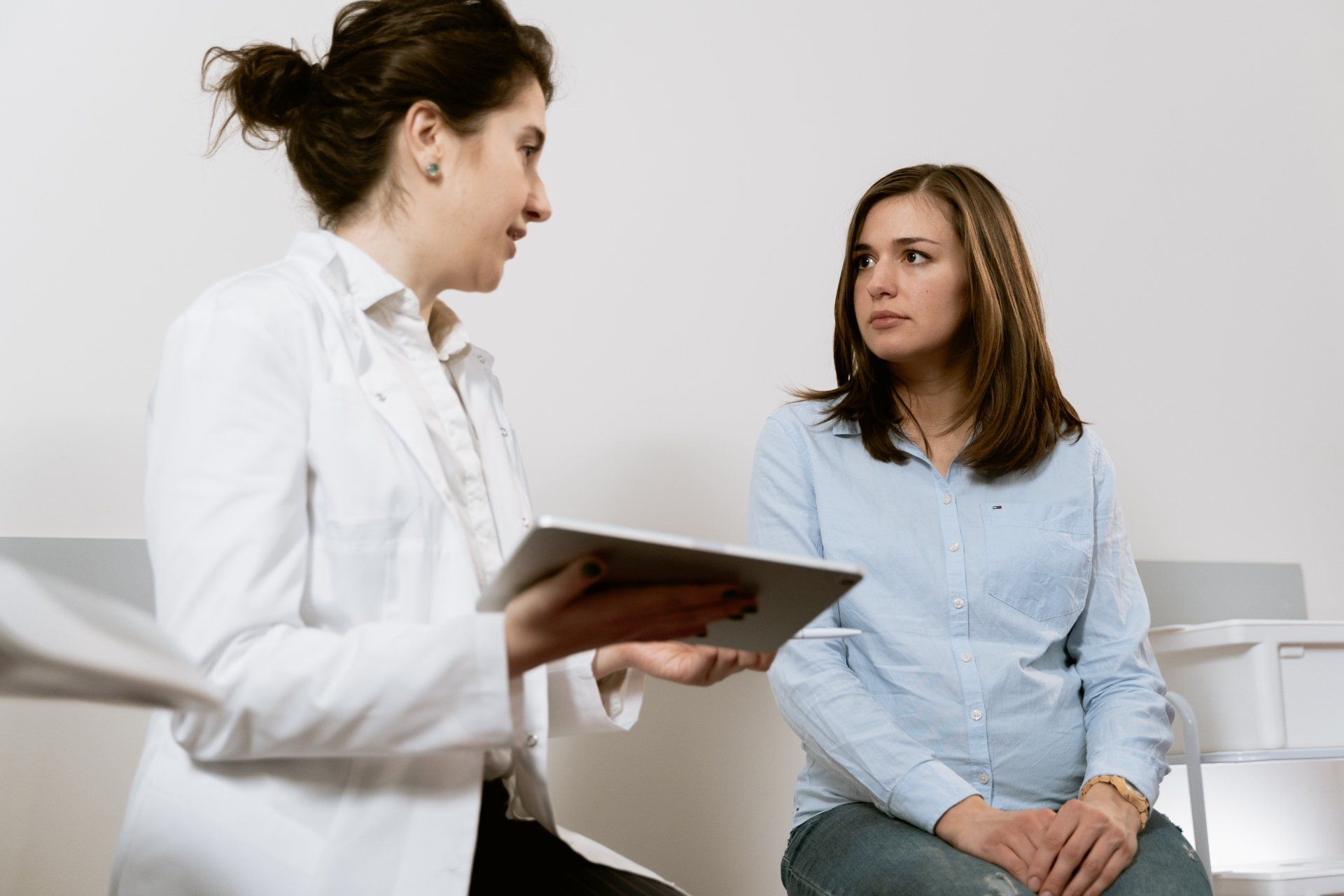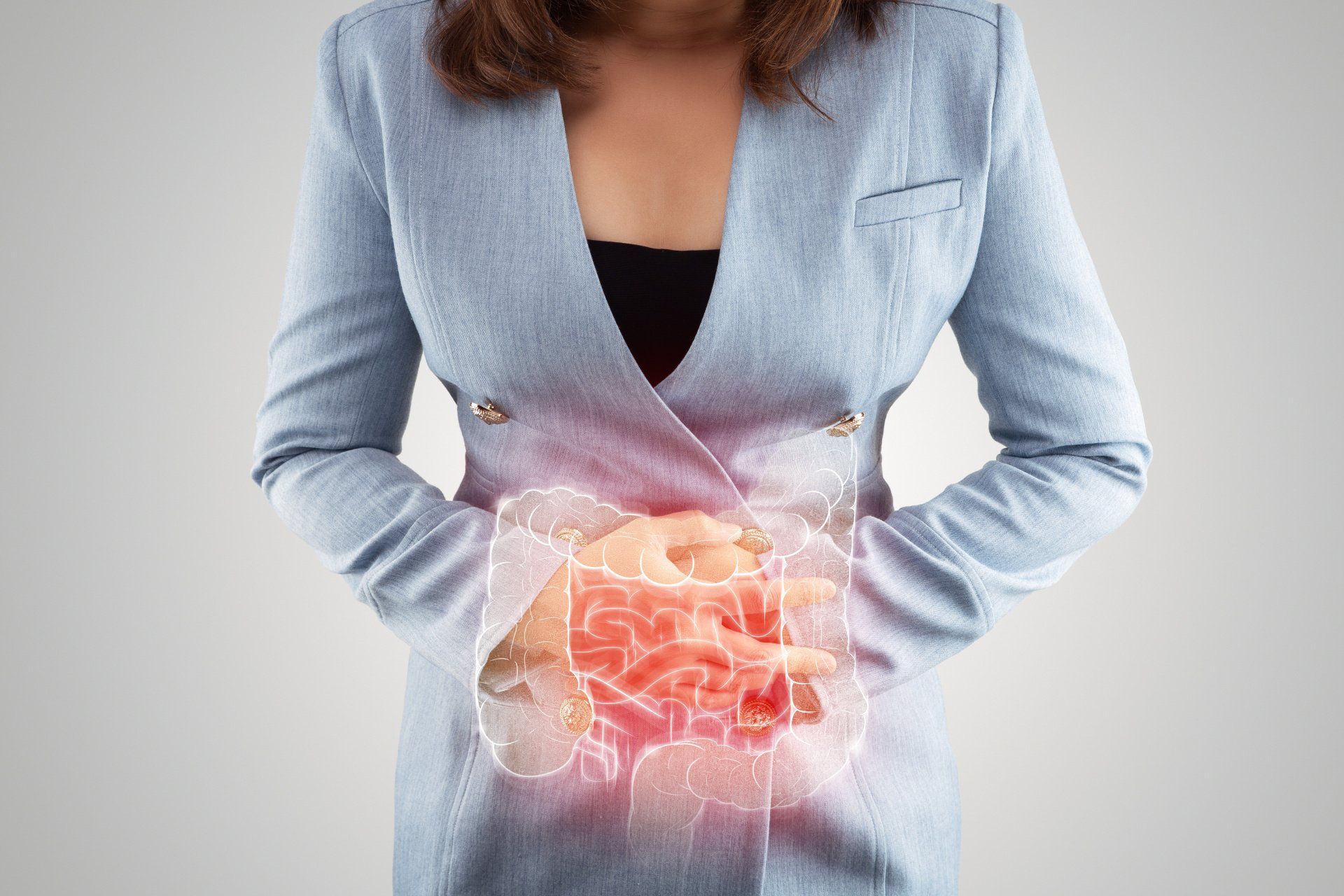What is a Gastroenterologist?
Gastroenterologists are specialists who focus on the health of the digestive system, or the gastrointestinal (GI) tract, as well as the liver. As experts, they can do more than just treat problems such as irritable bowel syndrome (IBS), pancreatitis and peptic ulcers; they also help both adults and children learn what they need to do to keep their digestive system healthy.
So without further ado, here’s a look at what these specialists do and when you should consider seeing one.
Gastroenterologists primarily diagnose and treat GI conditions. If your GP has noticed an issue involving your GI tract, they will most likely refer you to a gastroenterologist for a more detailed assessment of the problem at hand. Gastroenterologists primarily work in clinic or hospital settings and perform endoscopic procedures, in which they use specialised instruments to view the GI tract to make a diagnosis.
What health conditions do Gastroenterologists diagnose and treat?
Gastroenterologists are trained with specialist knowledge of the normal movement of food through the stomach and intestine, the absorption of nutrients, how waste is removed from the body, and how the liver helps with the digestion process. This area of expertise allows them to diagnose and treat issues such as:
- Colitis
- Colon Polyps (also known as Bowel Polyps)
- Gallbladder And Biliary Tract Diseases
- Gastro-Oesophageal Reflux (Heartburn)
- Gastro-Oesophagael Reflux Disease (GORD)
- Hepatitis
- Irritable Bowel Syndrome (IBS)
- Nutritional Issues
- Pancreatitis
- Peptic Ulcers
Gastroenterologists can perform a range of nonsurgical procedures. They include:
- Capsule Endoscopy and double balloon Enteroscopy (which both examine the small intestine)
- Colonoscopies (to detect colon cancer or colon polyps)
- Endoscopic retrograde cholangiopancreatography (to identify stones or tumours in the bile duct area)
- Endoscopic ultrasounds (to examine the upper and lower GI tract, as well as other internal organs)
- Feeding tube insertion
- Liver biopsy (to assess inflammation and fibrosis in the liver)
- Sigmoidoscopy (to evaluate blood loss or pain in the lower large bowel)
- Upper Endoscopy (to help diagnose conditions of the food pipe, stomach, and small intestine)
Your GP or primary care doctor may refer you to a Gastroenterologist if you experiencing:
- Blood in your stool
- Constant acid reflux or heartburn
- Difficulty swallowing
- Digestion issues (such as constant constipation or diarrhoea)
- Unexplained abdominal pain
If you’re over the age of 50, you may also want to meet with a Gastroenterologist for regular screening and preventive care, as you may have an increased risk of colon cancer.
How we can help
Our Gastroenterology doctors can provide compassionate, personalised care and will work with you to diagnose the problem, review your options and choose the treatment that best suits your needs and preferences. To book a FREE consultation, please fill in this form to arrange a date and time for a FREE video consultation.









